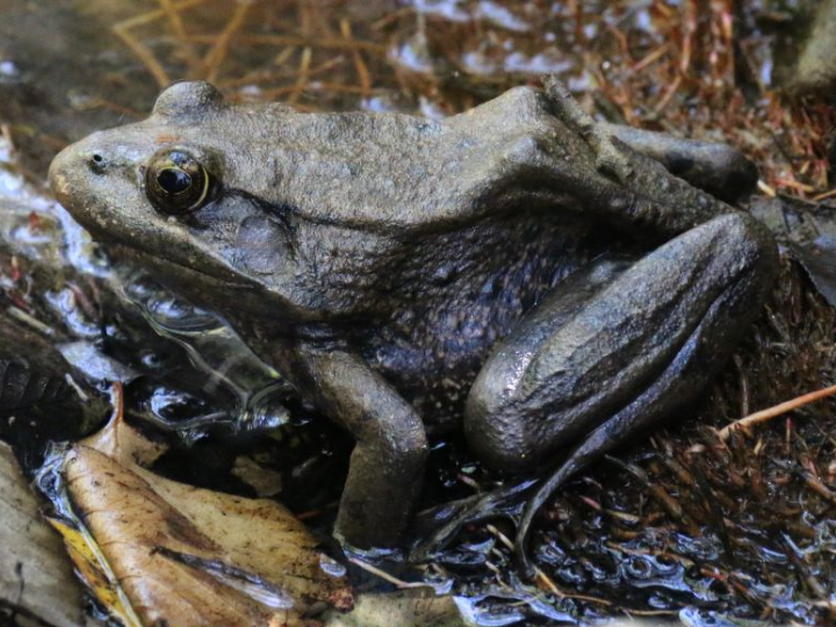The Trump administration's overhaul of Endangered Species Act regulations that was welcomed by industry groups but opposed by environmentalists is back in place following an appeals court decision.
The U.S. Court of Appeals for the 9th Circuit ruled Wednesday that a district judge who vacated the Trump-era regulations failed to properly evaluate the regulations on their legal merits. In July, U.S. District Judge Jon Tigar in San Francisco said vacating the challenged rules “would not be inconsistent with any district court authority” in the Northern California district.
The regulations, among other changes to the ESA, prevent the Fish and Wildlife Service from treating species listed as “threatened” under the law as “endangered” and altered the circumstances under which federal agencies engage in ESA consultation over the effects of their actions on listed species and their habitat.
The American Farm Bureau Federation, which intervened on the side of the federal government to defend the rules, cheered the brief decision, which determined that Tigar did not consider a Supreme Court decision reinstating Trump-era Clean Water Act water quality certification regulations when he vacated the ESA rules without fully considering their legal merits.
"It is apparent that the district court in its July 5, 2022, order clearly erred in vacating the 2019 rules without ruling on their legal validity," the appeals court said.
“The revisions to the Endangered Species Act protected at-risk animals while ensuring farmers could continue feeding America’s families,” AFBF President Zippy Duvall said. “This ruling doesn’t bring an end to the debate about modernizing the ESA, but it sends an important message to the 9th Circuit lower courts that their job is to rule based on the law. They can no longer vacate a rule unless they determine it is unlawful.”
The Center for Biological Diversity, which challenged the regulations, had asked the district court to alter or amend its judgment to address the issue raised by “interpretation of the legal effect of the Supreme Court’s unexplained order.”
CBD asked the court to rule on an issue that was fully briefed – whether the rules whether the 2019 rules violate the National Environmental Policy Act.
All three appeals court judges agreed that Tigar’s order should be stayed pending resolution of CBD’s motion, which is to be argued next month. But Circuit Judge Lawrence VanDyke also said the stay should “remain in place through the eventual appeal of the district court’s July 5 order, or until some other action moots the improper vacatur.”
That would prevent the “improper vacatur” by “spring[ing] back into effect” if Tigar does not correct his July 5 order, VanDyke said.
For more news, go to www.Agri-Pulse.com


